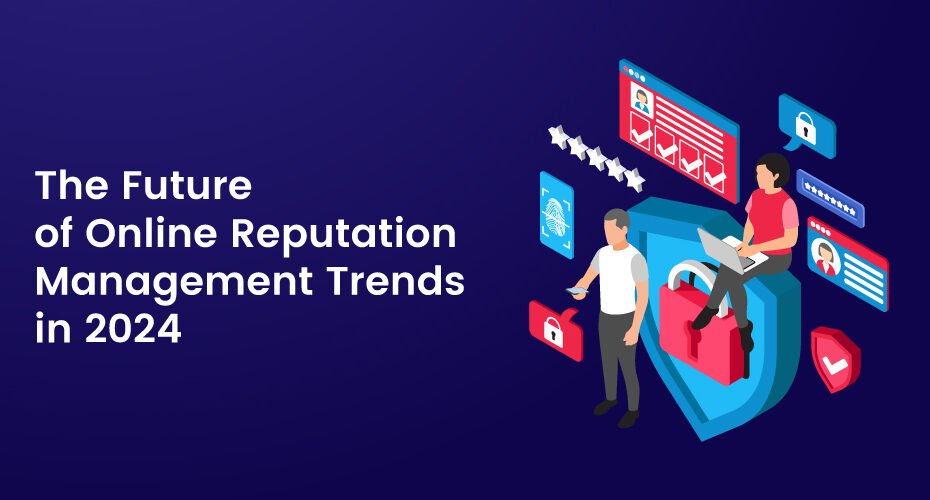Every year, new trends in reputation management emerge. Perhaps next year, we will be utilizing neural networks, adaptive AI systems, and metaverses for reputation management cost. Therefore, in addition to utilizing the techniques discussed in this article, I recommend staying informed about new technologies that we’ll likely soon be employing within the field of online reputation management.
What is Online Reputation Management?
Reputation has become a crucial asset for businesses. An inappropriate statement can lead to the loss of career opportunities, advertising contracts, and market position. Conversely, relevant actions can open up new opportunities, increase demand for products, and attract more followers on social media. Reputation is an institution that any company or public figure can and should work with both offline and online. Online reputation management, or ORM for short, is a process that involves monitoring the information field, addressing online mentions of an individual or brand, social media marketing (SMM), search engine reputation management (SERM), public relations (PR), influence marketing, and removing unwanted information.
Trends in AI-powered ORM
- AI-crafted responses: AI-powered ORM tools can craft responses to online reviews and mentions, ensuring a consistent tone and voice across all online platforms.
- AI-powered local search: AI can optimize local search results, ensuring that businesses appear at the top of search engine results pages (SERPs) for location-based searches.
- AI-enabled, real-time customer feedback: AI-powered ORM tools can collect and analyze customer feedback in real-time, providing businesses with valuable insights to improve their products and services.
- AI-based chatbots: AI-powered chatbots can respond to customer inquiries and concerns, providing 24/7 support and improving customer satisfaction.
Six Online Reputation Management Trends in 2024
- Monitor public opinion: In order to effectively manage your reputation, it is important to constantly evaluate public opinion. This can be done by monitoring through special systems such as Brandwatch, Talkwalker, and others.
- Devote time and resources to community management: According to research conducted by the University of Michigan, members of brand communities spend 19% more money online compared to ordinary customers. To increase sales, it is essential not only to create these communities but also to actively engage with them.
- Increase the speed of your communication: Responding quickly to online reviews and mentions is crucial in maintaining a positive online reputation.
- Work with marketplaces: According to a Dimensional Research survey, 90% of online purchases are made based on reviews. These reviews also determine the ranking and popularity of products on marketplaces like Amazon.
- Encourage customer feedback: Statistics show that 70% of customers are willing to provide feedback when asked. You can offer several ways for them to provide feedback: Push notifications, SMS or messenger, email, your website or social media.
- Evaluate the effectiveness of advertising and PR campaigns: You can also evaluate the effectiveness of advertising and PR campaigns on a monthly basis. This will help you identify which channels are working best and how users respond to different types of content and influencers.
Conclusion
Reputation management is ever-evolving. In this article, I have selected the six significant trends for those interested in managing their online reputation. By staying informed about new technologies and trends in ORM, businesses can stay ahead of the competition and maintain a positive online reputation.
FAQ’s
Q: What is Online Reputation Management (ORM)?
A: ORM is the process of monitoring and managing online information about an individual or brand to maintain a positive reputation.
Q: How does AI help in ORM?
A: AI helps in ORM by automating tasks such as monitoring online mentions, crafting responses, and analyzing customer feedback.
Q: What are some AI-powered ORM trends?
A: Some AI-powered ORM trends include AI-crafted responses, AI-powered local search, AI-enabled real-time customer feedback, and AI-based chatbots.
Q: Why is it important to monitor public opinion in ORM
A: Monitoring public opinion is important in ORM to understand how people perceive your brand and to identify areas for improvement.
Q: How can AI help in responding to online reviews and mentions?
A: AI can help in responding to online reviews and mentions by crafting responses that are consistent in tone and voice, and by providing 24/7 support.
Q: What are the benefits of using AI in ORM?
A: The benefits of using AI in ORM include improved customer satisfaction, increased efficiency, and enhanced reputation management.
